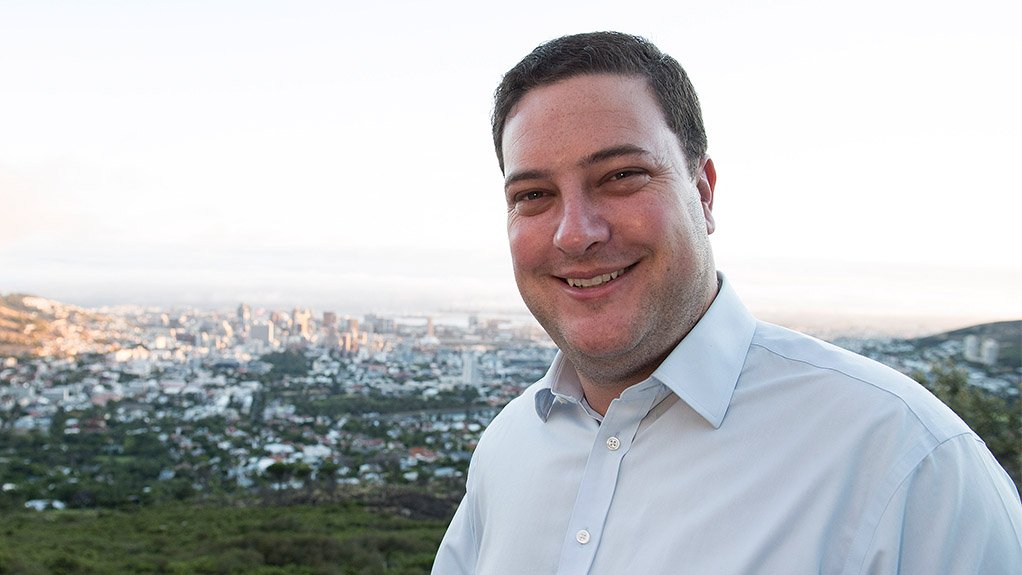The City of Cape Town has allocated more money for generators and diesel as the country faces the worst of its energy crisis.
The generators will mainly be used at sewage pump stations to prevent sewage overflows at beaches.
This emerged when the City tabled its annual adjustment budget at its first council sitting for the year on Thursday.
The budget includes R17-million for generators, and R117-million for fuel, so that basic services infrastructure can be provided.
The installation of generators at pump stations comes as the country experiences higher and prolonged stages of loadshedding on the City's water and sanitation infrastructure which has led to sewage spills and overflows, resulting in the temporary closure of five beaches in Cape Town since November last year.
It said 116 of its sewer pump stations were deemed to require generation capacity.
A further R20-million was set aside for additional maintenance at Steenbras dam.
At Thursday's sitting, Mayor Geordin Hill-Lewis briefed councillors on the City's plans for the three stages of "loadshedding protection".
"We have already made much progress on the first of our three-phase procurement for loadshedding protection, with a 200MW procurement of renewable energy concluded last year," he said.
Hill-Lewis added tenders would be awarded in the coming months, with procurement now in the evaluation phase of technical proposals received from Independent Power Producers (IPPs).
"I can also confirm that we are working with the Centre for Scientific and Industrial Research (CSIR) on grid integration studies to determine when and where these IPPs will feed power into Cape Town's grid.
"The second of the three-phase procurement for loadshedding protection takes the form of our Power Heroes programme," he said.
The programme is based on paying residents incentives for voluntary energy savings, which will entail automated remote switching off of power-intensive devices at peak times.
"The 'demand response tender' for this programme, launched in October last year, is currently in the evaluation phase and will also be awarded within the coming months.
"The third phase of procurement will be launched this February. This will take the form of a dispatchable energy tender, expected to yield at least 500MW for our grid," he added.
EMAIL THIS ARTICLE SAVE THIS ARTICLE
To subscribe email subscriptions@creamermedia.co.za or click here
To advertise email advertising@creamermedia.co.za or click here











